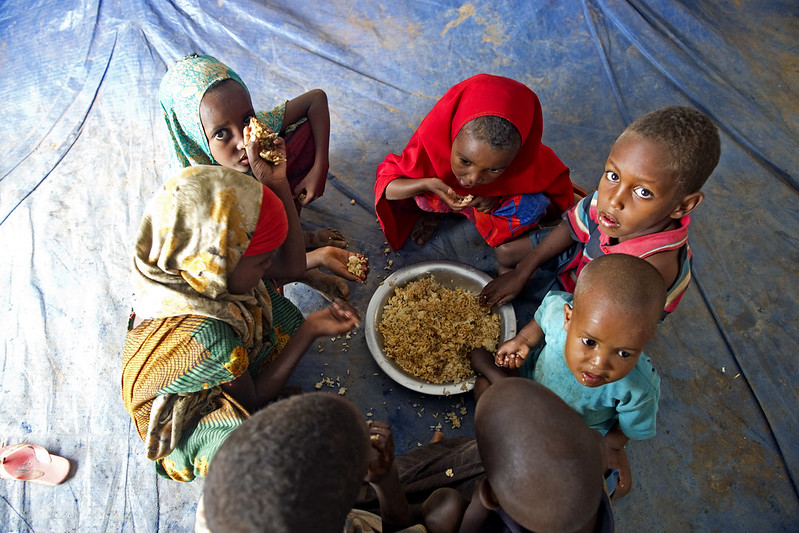UCPH-DERG Partners in International Research Consortium
The University of Copenhagen Development Economics Research Group (UCPH-DERG) has joined an international research consortium generating Data and Evidence to end Extreme Poverty (DEEP). The consortium comprises the Universities of Cornell, Copenhagen, and Southampton led by Oxford Policy Management, in partnership with the World Bank’s Development Data Group and funded by the UK Foreign, Commonwealth & Development Office.
The UCPH-DERG team in the DEEP initiative includes regular DERG staff and key partners such as Professor Peter Lanjouw from VU University Amsterdam as well as a number of researchers based in a variety of developing countries.

The overall aim of the consortium is to build evidence, insights, and solutions that help end extreme poverty globally. We want governments, decision makers, and citizens around the globe to have better access to data, tools, and solutions to help end extreme poverty. To do this our research work will develop to influence the design and implementation of policies, strategies, and investments through three research themes:
• Who is living in extreme poverty and how is their situation evolving?
• What drives extreme poverty?
• How can we end extreme poverty?
Extreme poverty, who it affects and how, differs from country to country, as do the drivers of poverty and the solutions for helping people out of poverty. DEEP’s work focuses on eight countries across Africa, South and South-East Asia: Ethiopia, Madagascar, Mozambique, Tanzania, Bangladesh, India, Nigeria, and Myanmar.
In each of these countries, DEEP will work with national networks to bring together experience and expertise to develop and strengthen new and existing data, evidence and insights. DEEP will also pilot different tools with the researchers, policymakers, and institutions to design together solutions that work to help people out of extreme poverty.
The UCPH-DERG team (working with an annual budget of around 1 million DKK) has so far concentrated on developing and using synthetic panel data methods to measure poverty dynamics and vulnerability, with particular attention to the Covid-19 pandemic, including both methodological advance and case studies of India, Myanmar, Ethiopia, Tanzania and Mozambique, published by the Review of Development Economics.
The DEEP programme is approved for a period of seven years (2021-2028), with a possibility of extension. For more see the programme web-site including a short video.
